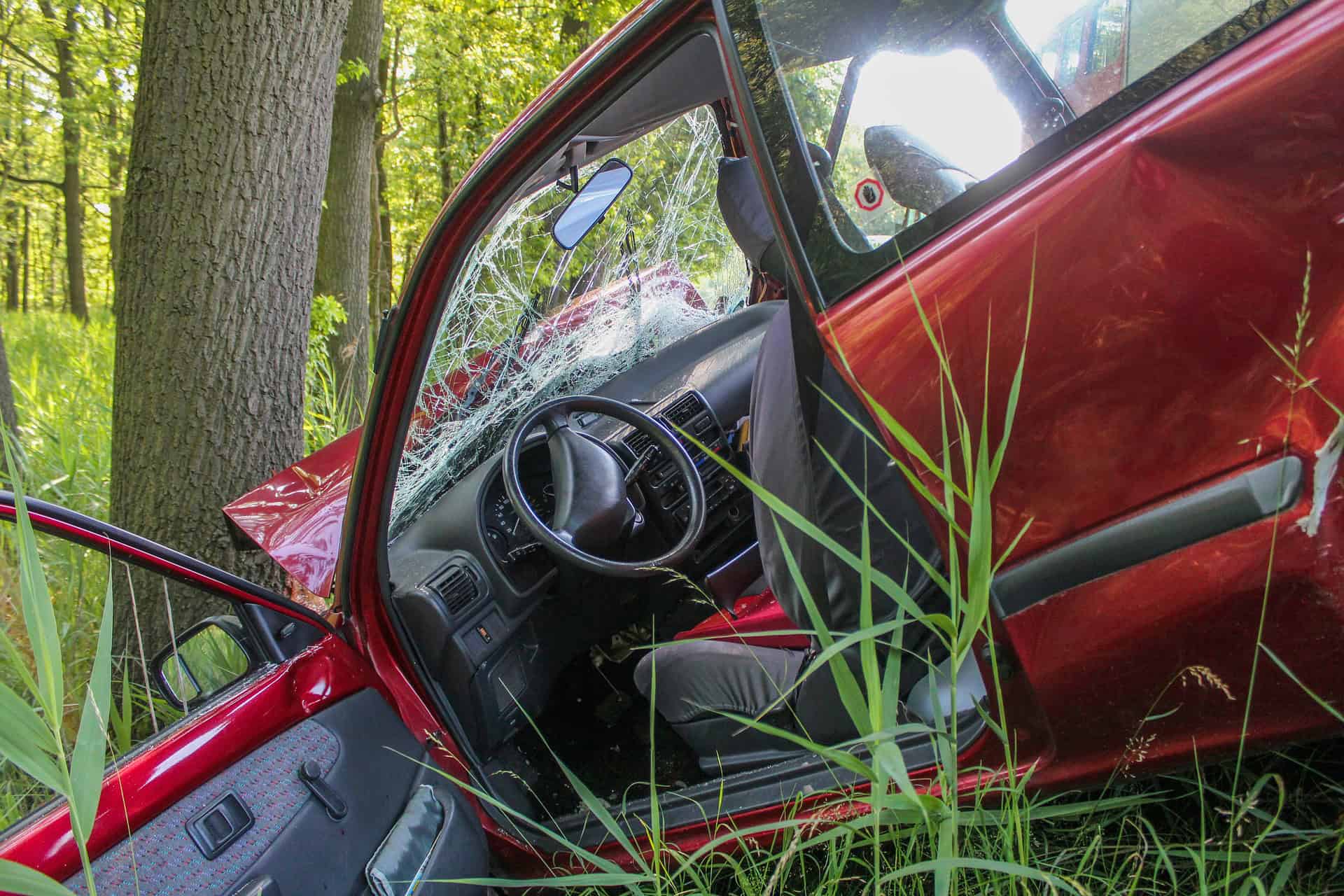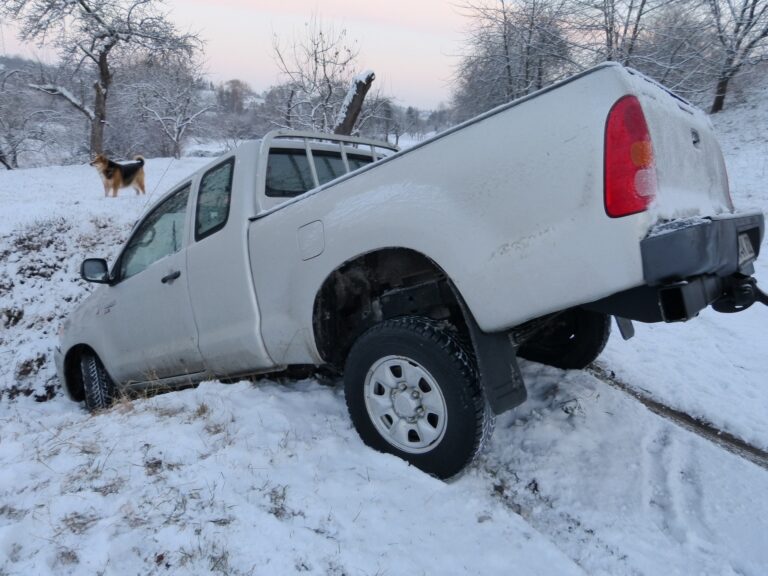What to Do if You’re Injured in a Car Accident in the Rocky Mountain State

Experiencing a car accident is stressful, especially in the dynamic and scenic backdrop of Colorado, where road conditions can shift rapidly due to weather and varied terrain. Whether driving through Commerce City, navigating the busy streets of Aurora, or commuting to Denver, knowing what to do in the aftermath of an accident is essential to protecting your rights and wellbeing. This guide offers practical, actionable advice for those who have taken the foresight to prepare but still need clarity on the next steps after an accident.
Immediate Steps to Take After a Car Accident
1. Ensure Safety First
The safety of everyone involved should be the top priority. Move your vehicle to a safe location if possible and turn on your hazard lights to alert other drivers. If you or any passengers are injured, stay in place and wait for emergency assistance unless staying poses a greater danger.
2. Call Emergency Services
Dial 911 to report the accident, even if injuries appear minor. This ensures that the police create an official report, which may be invaluable for future insurance and legal claims. In Commerce City and nearby areas, emergency response teams are known for their quick action, which can be crucial in the minutes following an accident.
3. Gather Essential Information
While waiting for emergency personnel, gather the following from the other driver(s):
- Full names and contact details
- Insurance policy numbers and provider information
- Vehicle make, model, and license plate numbers
Also, collect witness contact information and take photos or videos of the scene, including road conditions, traffic signs, and any visible injuries. This documentation can strengthen your case if disputes arise.
4. Seek Medical Attention
Even if you feel fine, seek medical attention as soon as possible. Injuries like whiplash or internal trauma may not be immediately apparent but could develop serious complications later. A prompt medical evaluation not only prioritizes your health but also supports any future claims by showing that you took immediate action regarding your well-being.
Protecting Your Rights: Navigating Insurance and Legal Steps
1. Notify Your Insurance Provider
Inform your insurance company about the accident promptly. Be factual and avoid giving detailed statements before consulting an attorney, especially when speaking to the other party’s insurance adjuster. Commerce City drivers, along with those in Aurora, Broomfield, Denver, and Westminster, should know that Colorado is an at-fault state. This means the person responsible for causing the accident is liable for damages, making accurate reporting crucial.
2. Consider Uninsured/Underinsured Motorist Coverage
In cases where the other driver lacks sufficient insurance, having underinsured/uninsured motorist (UM/UIM) coverage can be a lifesaver. This type of coverage is designed to step in when the at-fault party’s insurance isn’t enough to cover your expenses. If you’ve wisely opted for UM/UIM, now is the time it will prove its value.
3. Consult a Personal Injury Attorney
To fully understand your rights and potential compensation, consulting with an experienced personal injury attorney is beneficial. Flanagan.law, serving clients in Commerce City and surrounding areas, can provide a thorough evaluation of your case. An attorney can help protect your interests, handle insurance negotiations, and, if necessary, file a legal claim to secure fair compensation.
How Additional Insurance Coverage Can Help
Prepared drivers often carry policies that go beyond the state’s minimum requirements. If you’ve opted for add-ons like personal injury protection (PIP), medical payment coverage (MedPay), or comprehensive UM/UIM coverage, these can significantly alleviate the financial strain following an accident. For example, MedPay coverage pays for medical expenses regardless of who is at fault, offering peace of mind and rapid assistance during stressful times.
Common Challenges and How to Overcome Them
Dealing with Delayed Symptoms
Some injuries, such as concussions or soft tissue damage, may not present symptoms immediately. It’s crucial to document any delayed pain or discomfort with your healthcare provider and update your attorney accordingly.
Insurance Denials and Low Settlement Offers
Insurance companies may offer quick, low settlements or deny claims outright. Having legal representation can counteract these tactics and advocate for the compensation you rightfully deserve. Flanagan.law specializes in ensuring clients receive fair treatment, especially when accidents occur in high-traffic areas like Denver or Broomfield.
Conclusion
Being involved in a car accident in Colorado, especially in bustling cities such as Commerce City or Denver, can be overwhelming. However, knowing the steps to take can help you maintain control and protect your interests. From securing safety and gathering evidence to seeking medical attention and consulting an attorney, each action is a critical component of your recovery and financial security.
By following these guidelines, you’ll be better equipped to navigate the aftermath of an accident with confidence, leveraging your proactive insurance measures and legal resources to protect your well-being and rights.
FAQ
1. What should I do if the other driver is uninsured?
If the other driver is uninsured, report this to your insurance company and rely on any UM/UIM coverage you have. Consulting an attorney can also help identify additional avenues for compensation.
2. How long do I have to file a claim in Colorado?
Colorado law generally gives you up to three years from the date of the accident to file a personal injury claim. However, it’s best to begin the process as soon as possible.
3. Should I accept the first settlement offer from the insurance company?
It’s often advisable to consult with an attorney before accepting any settlement. Initial offers may not fully reflect the true value of your claim.
4. What if I discover new injuries after initially filing a report?
Update your medical records and inform your attorney immediately. Delayed symptoms are common and can be included in ongoing claims or legal actions.
5. Can I handle an accident claim on my own?
While you can manage claims independently, consulting with a personal injury attorney ensures you understand your rights and maximize potential compensation. This is especially true if you’re dealing with complex cases or significant injuries.






